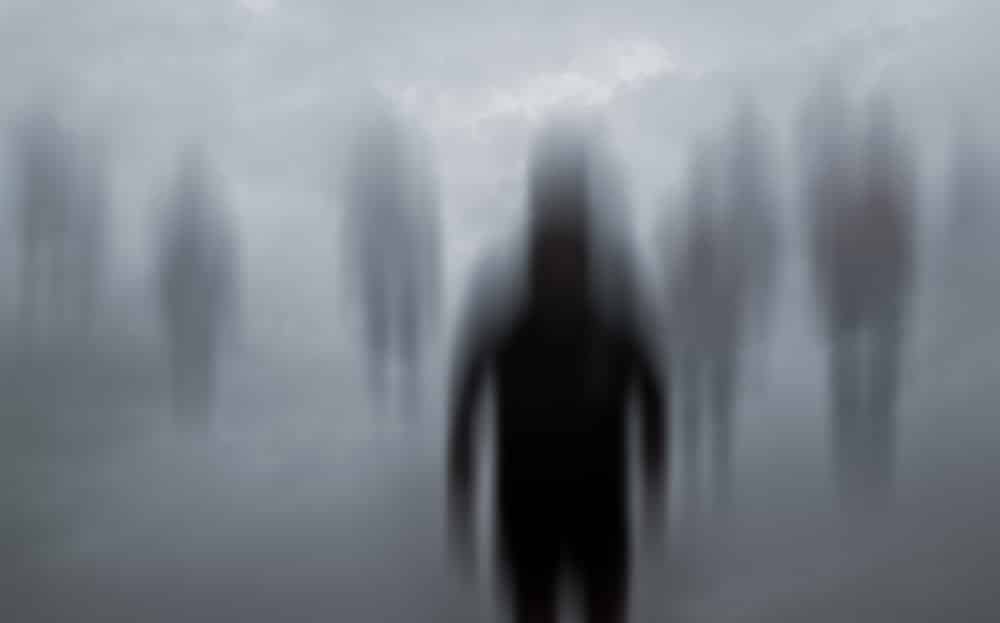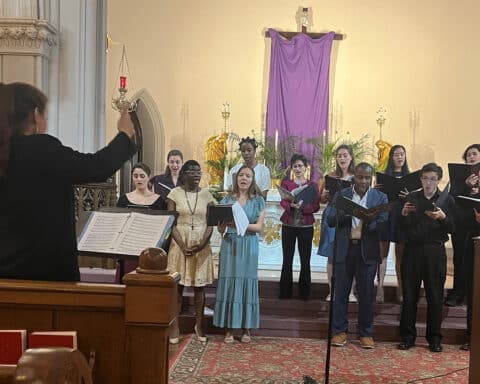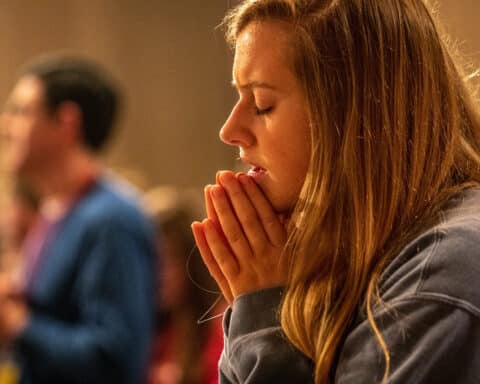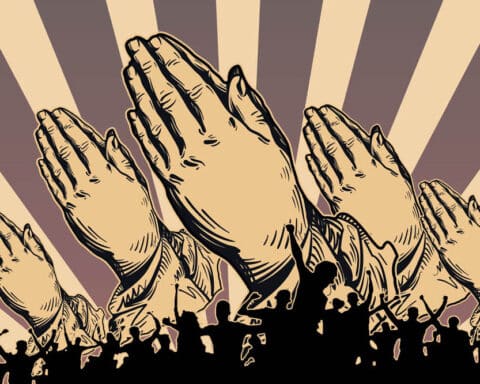Question: Are ghosts real? And if so, how do we help them move on to eternal salvation?
— Kevin Fellman, Morongo Valley, California
Answer: There is no binding Church teaching on the existence or meaning of ghosts. Theologians and exorcists have speculated over the centuries on such matters, and there is some consensus as to the general phenomenon.
First, it is clear enough that the experience of ghosts or hauntings is quite widespread across time and cultures, even if some modern thinkers dismiss it as a kind of mass hysteria.
The term “ghost” comes from the German word “geist,” meaning “spirit.” Ghosts are distinct from demons. Demons are fallen angels, but ghosts are presumed to be the spirits of human beings. Generally it is assumed that the ghosts of human beings would be those from purgatory, not from hell.
Hence, it would seem that God permits a small number of souls in purgatory to reach out to us on earth to assist the soul in some need. Usually they seek our prayers or give us some warning. In a few rare cases, a ghost has assisted in the solving of a crime by indicating some sort of hidden evidence. Generally, however, it is our prayers they seek.
It is rare that ghosts are able to speak directly to us. Usually their presence is signaled by harmless signs such as a door being open that we were certain was closed, lights coming on and off, or faucets that suddenly run on their own. Occasionally a ghostly apparition is seen. Fearful as those things may seem, they are benign, causing little or no harm.
Many exorcists have interactions with ghosts or hauntings. This is because they are often summoned to homes or locations where such hauntings are presumed to be demonic infestations. The exorcist must discern if the disruption is demonic or ghostly. As noted, ghosts seek attention but do not cause damage. Demonic infestation, however, almost always causes property damage and chaos, such as the ransacking of rooms, etc. Also, as noted, ghosts do not generally speak. Hence, if the disruption includes voices with messages, it is probably a demonic presence.
If the presence is presumed to be ghostly, it usually suffices for the exorcist or others to promise prayers for the intentions and repose of the wandering soul. With the saying of Masses and other prayers, the haunting usually ends. If the presence is presumed to be demonic, then an exorcism of the place using part three of the Rite of Exorcism is done, one or several times until the disruptions end.
Finally, ghosts deserve our sympathy, not our fearful wrath. They seek the help of our prayers and remind us to pray for the dead.
Praying for leaders
Question: In reading Quaesten’s Patrology Vol. 1, the Church Father St. Polycarp enjoins “prayer for civil authorities.” Why is this?
— Ed Korleski, Bayfield, Wisconsin
Answer: Prayer for civil authorities is also urged by St. Paul: “First of all, then, I ask that supplications, prayers, petitions, and thanksgivings be offered for everyone, for kings and for all in authority, that we may lead a quiet and tranquil life in all devotion and dignity. This is good and pleasing to God our savior, who wills everyone to be saved and to come to knowledge of the truth” (1 Tm 2:1-4). The purpose of praying for those in authority is not to indicate that we are in political alignment with them or agree with their policies and procedures. Rather, it is because their impact on the world in which we live is very significant. Their actions and decisions, whether good or ill, affect us and others in important ways. As such we are praying for and contributing to the common good. St. Paul says, this is pleasing to God. Our prayer need not be one of flattery or approval, but simply one that asks God to guide leaders and give them graces to make wise, just and helpful rulings in accordance with God’s law.
It is significant that St. Paul and St. Polycarp should make such directives since both of them personally suffered under Roman rule and would eventually be martyred — Paul by the sword and Polycarp by fire. Even still, they urged such prayer knowing that worldly powers have to be dealt with and endured. They also knew that prayer could generally soften the worst effects of such leaders, such as persecution, and strengthen the best effects, such as social order.
Msgr. Charles Pope is the pastor of Holy Comforter-St. Cyprian in Washington, D.C., and writes for the Archdiocese of Washington, D.C. at blog.adw.org. Send questions to msgrpope@osv.com.





